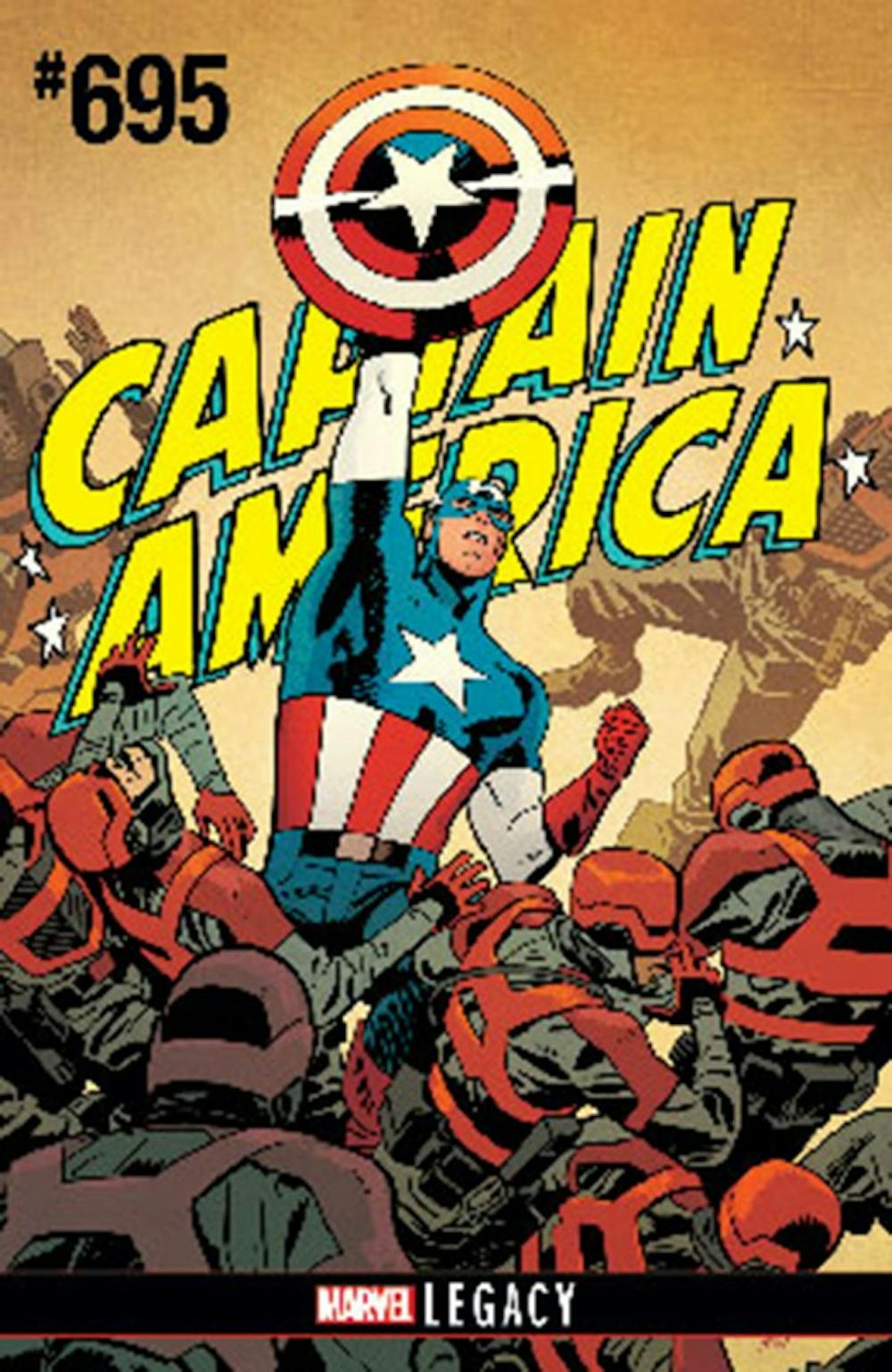Just over a year ago, DC Comics launched its Rebirth initiative that firmly reinstated some aspects of the universe that fans had been missing for years.
Though 2011’s “New 52” was a financial success, and arguably a creative one, sales were dwindling. DC decided to finally listen to fan outcry and inject more hope and optimism into its comics, all while bringing back old relationships, storylines and events that had been swept under the rug in 2011. DC Rebirth was a critical and commercial success, and there has not been a single cancellation of a Rebirth title since it’s inception.
With this information in mind, it’s easy to understand why Marvel would want to set out to do the same thing. Though Marvel has consistently been ahead of DC Comics in unit sales and dollars, this is mostly due to the sheer quantity of comics that Marvel is putting out (which includes the lucrative Star Wars line). Whereas most DC titles consistently hover at around 30,000 issues sold per month, Marvel has several titles that quickly drop in sales — forcing Marvel to relaunch with a new #1 issue. Steve Fox at Paste reports, “Sales attrition is a constant in comics. First issues almost always sell much better than subsequent installments, and so publishers aim for steady, sustainable numbers following debuts. DC Comics isn’t immune to low-selling titles … Marvel’s attrition pattern has been much more dramatic.” Sales continue to dip as readers wait for the next “jumping on point,” which now means a new #1.
In addition to constant relaunches, Marvel has been known to use variant covers to make artificial spikes in sales. Recently, comic shop owners have boycotted the Marvel Legacy lenticular cover variants because of the exorbitant increase in supply needed to qualify for the limited edition covers. Many retailers voiced their dissatisfaction with being forced to order up to 200 percent more issues to get the variant covers. The Hollywood Reporter helps to describe the predicament with this hypothetical: "Say you run a store, and you regularly order 10 copies of Iron Man. Marvel will ask that you order double your regular batch in order to gain access to the lenticular covers. So if your 10 regular customers all want the lenticular cover, then you'll have to order 30 copies in total: The original 10 regular covers, an additional 10 regular covers to hit the "200 percent" sales level, and then another 10, because those are your lenticular orders."
It seems apparent that Marvel is losing a lot of goodwill with retailers, but even audiences are annoyed with the direction many characters have gone within the pages themselves. Captain America (Steve Rogers) was revealed to be a Hydra agent, The Falcon took up the persona of Captain America in his absence, Wolverine is a grown-up X-23, The Hulk is a teenager, Thor is a woman, Iron Man is dead and, until recently, Spider-Man was a billionaire scientist. Development is always hard to do in endless serials like superhero comics, but Marvel has clearly overstepped its bounds on what fans are willing to take. DC made a conscious effort to change creative teams and relaunch its titles with new directions in Rebirth, but unfortunately everything but the numbering of comics under Marvel Legacy (which artificially makes a series look longer than it is) is remaining fairly the same.
This is not an attack on Marvel, but rather a plea that Marvel will start being the retailer-friendly publisher again. By the same token, this perspective is also not a hot take; several other comic journalists have shared their disappointment on other outlets. IGN’s Jesse Schedeen says that he hopes that Legacy will boost Marvel's status in the way that Rebirth benefited DC, but the differences between the two may make this impossible.
“Rebirth is about more than making specific status quo changes or altering team rosters or reverting to certain books to legacy numbering. Rebirth is a meta-story that acknowledges that things went wrong at DC during the New 52 and makes the very effort to address those mistakes into one of the biggest and most important tales the company has ever told,” Schedeen said.
A healthy Marvel Comics makes for a healthy comics industry. Let’s all hope Marvel can get back on the right track after Marvel Legacy.

